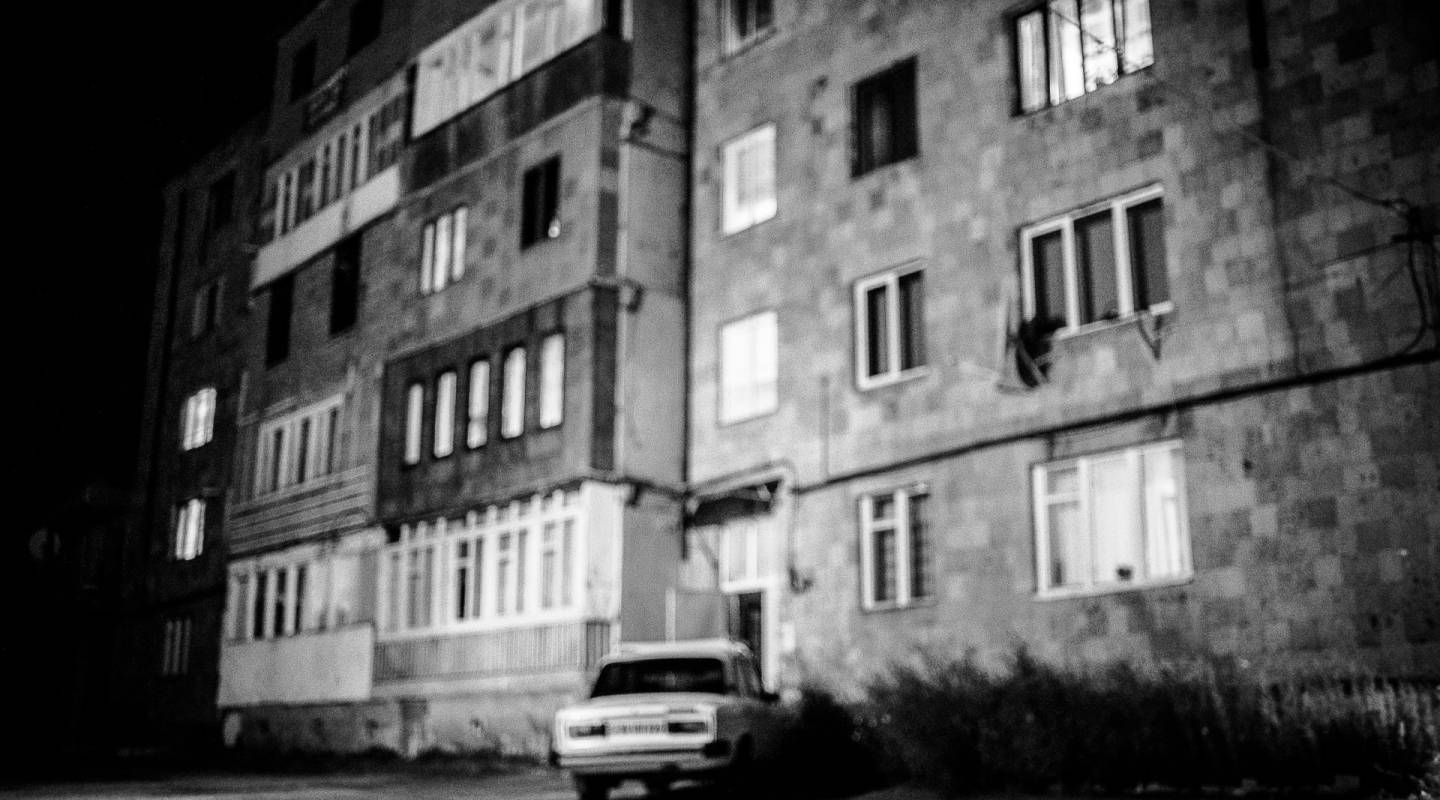Estimating the exact number of prisons worldwide is challenging. Austria has 27, France and Japan have less than 200 each. Russia is home to over 870, Brazil has 1,400, and the United States has a staggering 4,000. Each facility houses anywhere from a few dozen to several thousand prisoners.
In Turkey, multiple prisons comprise the “Silivri Penitentiary Complex”, allegedly detaining around 17,000 individuals. Over a few years, the country has constructed 130 new facilities to accommodate the increasing number of prisoners, many of whom are political dissidents. In Belgium, the “Penitentiary Village” of Haren replaced several outdated prisons, with critics denouncing its industrial-scale approach.
In France, prisons built around the 2000s are all located on the outskirts of urban centers. The antiquated downtown facilities are gradually closing their doors. While the newer, larger, and more modern establishments are praised for their cleanliness, both guards and prisoners lament the loss of the old detention centers, deemed more humane.
In the United States, new prisons are constructed in rural and sparsely populated areas. Some are located in remote locales, serving as the primary economic activity for the region. The clientele of an area’s sole motel might consist mainly of individuals visiting their incarcerated loved ones. Cañon City, Colorado, is home to 19,000 residents but hosts at least ten prisons, earning it the nickname “Prison Valley.”
In Russia, the layout of institutions traces its roots back to the Soviet Gulag. Penitentiary colonies are relegated to the Far North or the Far East. Following their sentencing, prisoners are transported thousands of kilometres by train to their place of incarceration. Despite being designed for six occupants, each train compartment accommodates twelve individuals as per prevailing legislation. The journey can last up to a month.
Some locations function as prisons without bearing the title, evading all forms of oversight and external scrutiny.
In Argentina, Venezuela, and the Republic of the Congo, thousands are incarcerated for months in police stations, with some serving their entire sentences there.
In China, hotels, basements, and abandoned offices are requisitioned to serve as detention facilities. These “black jails” are operated by regime-affiliated agents, illegally detaining individuals for days to months.
In conflict zones, spaces are utilised to detain, interrogate, and torture various individuals. In Syria, revelations about the Saidnaya military prison exposed an arbitrary system — no indictments, no trials. Over 13,000 individuals were hanged there between 2011 and 2015.





